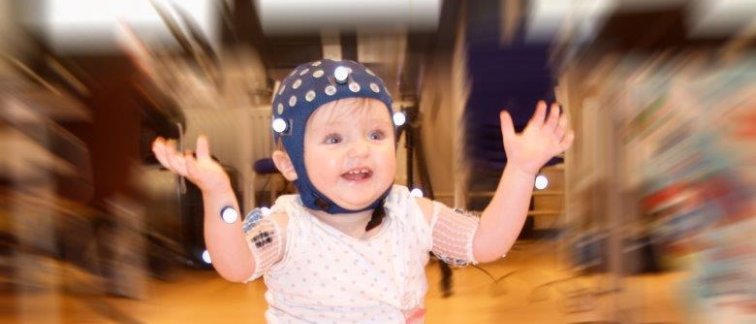Overall Aim
The program Rehabilitation & Development aims to optimize physical performance of individuals, including children, with musculoskeletal injuries, neurological disorders and chronic diseases affecting movement abilities. Movement is sub-served by our musculoskeletal system, which relies on the neural, endocrine, immune, respiratory, and cardiovascular systems that control and support it. The interactions of these systems are studied, to reveal how physical performance can be maintained.
The consequences of these disorders become apparent at the three WHO-ICF levels of functioning:
- impairments in function of body structures (tissues and organs),
- limitations in functional activities,
- restrictions in participation in society.
Translational research comprises all these three levels and their interrelationships to understand and improve movement, mobility and physical performance in the context of personal and environmental factors.
Interventions cover:
- surgery;
- pharmacological interventions;
- cognitive and motor learning and training strategies;
- assistive devices;
- (care giver) support.
Precision diagnostics of movement impairments, based on etiology, will be developed to personalize therapies that restore, adapt, or support the neuro-musculoskeletal system to optimize the restoration, development and preservation of movement abilities and physical performance.
The research addresses
- the biological mechanisms underlying declines in physical performance and the effect of interventions preventing/reducing these declines;
- diagnosis and prediction of declines in physical performance and the underlying impairments;
- efficacy and (cost-)effectiveness of interventions to prevent/reduce declines in physical performance.
Themes that are covered
- Rehabilitation addresses pathologies that affect the musculo-skeletal and central and/or peripheral nervous system resulting in movement impairments, associated disability at Function, Activities and Participation levels. The focus lies on stroke, multiple sclerosis, movement disorders/Parkinson’s Disease, neuromuscular diseases, hospital-acquired disorders, and diabetic foot disease
- Development addresses the normal motor and musculoskeletal development of children during growth into adulthood and the development of children with disorders. The focus lies on cerebral palsy, premature born infants, scoliosis, and connective tissue disorders.
Program Board
- Professor dr. Sicco Bus, Amsterdam UMC, location VUm (Progam director);
- Dr. Erwin van Wegen, Amsterdam UMC, location VUmc (Program deputy director);
- Professor dr. Annemieke Buizer, Amsterdam UMC, location VUmc;
- Dr. Fieke Koopman, Amsterdam UMC, location AMC;
- Professor dr. Thomas Janssen, Faculty of Behavioural and Movement Sciences, VU Amsterdam / Reade;
- Dr. Karin Gerrits, Faculty of Behavioural and Movement Sciences, VU Amsterdam / Merem;
- Elza van Duijnhoven, PhD candidate, Amsterdam UMC, location AMC;
- Simone Berkelmans, PhD candidate, Faculty of Behavioural and Movement Sciences, VU Amsterdam / Reade;
- Impact manager RehabNet Amsterdam: Vacancy.
Program Members
-
 Alessandro Vicentini
Alessandro Vicentini -
Alfred BeckingPROF.DR.
-
 Ali Ilez
Ali Ilez -
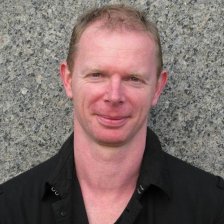 Andreas Daffertshofer
Andreas Daffertshofer -
 Annemieke BuizerPI PROF.DR.
Annemieke BuizerPI PROF.DR. -
Annerieke van GroenestijnMD
-
Annick Ledebt
-
Annoek LouwersMSc
-
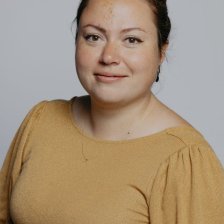 Arianne Gravesteijn
Arianne Gravesteijn -
Aske Gye Larsen
-
Babette Mooijekind
-
Barend van RoyenPI PROF.DR.
-
 Bart RaijmakersBSc MSc
Bart RaijmakersBSc MSc -
 Bernadette van Wijkdr.
Bernadette van Wijkdr. -
Bouke HepkemaMSC.
-
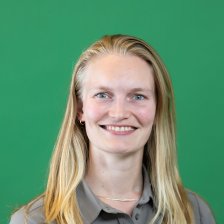 Brecht Haakma
Brecht Haakma -
Carel MeskersPI PROF.DR.
-
 Chantal HulshofBSc MSc
Chantal HulshofBSc MSc -
Chantal van der HorstPI PROF.DR.
-
Charlotte LameijerDR.
-
Charlotte van Zijderveld
-
 Claudia Emck
Claudia Emck -
Daniel Strijbos
-
Daniëla Dettling-IhnenfeldtPT
-
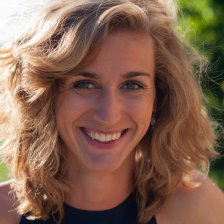 Daphne Geerse
Daphne Geerse -
 Edgar PetersPI DR. Associate Professor
Edgar PetersPI DR. Associate Professor -
Edwin Geleijn
-
Eefje Muselaers
-
 Elza van DuijnhovenMSc
Elza van DuijnhovenMSc -
 Eric VoornPI PhD
Eric VoornPI PhD -
Erik Scherder
-
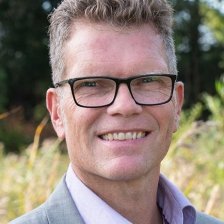 Erwin van WegenPI DR. M.S. Drs. Human Movement Science
Erwin van WegenPI DR. M.S. Drs. Human Movement Science -
Esther van der Heijden - Groen
-
Eva Hoogendoorn
-
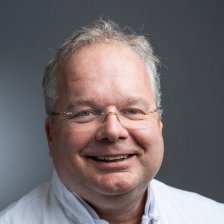 Frank BloemersPI PROF.DR.
Frank BloemersPI PROF.DR. -
Frans NolletPI PROF.DR.
-
Gaia van den Heuvel
-
Geoffrey Bertou
-
 George Buijs
George Buijs -
 Gerrit KwakkelPI PROF.DR.
Gerrit KwakkelPI PROF.DR. -
Gijsbertus VerkerkPhD
-
Guido Geusebroek
-
Hanneke de VriesPROF.DR.
-
 Helga Haberfehlner
Helga Haberfehlner -
Henri WintersDR.
-
Herman HoltslagDR.
-
 Hilde PloegerPhD
Hilde PloegerPhD -
 Ilona Fassaert
Ilona Fassaert -
Ilse Boot
-
 Ingrid Kouwijzer
Ingrid Kouwijzer -
Isabella Gigante
-
Isaline EijssenDR.
-
 Ivo Lutke Schipholt
Ivo Lutke Schipholt -
 Iwan DobbePhD
Iwan DobbePhD -
 Jaap van NettenPI PhD
Jaap van NettenPI PhD -
Jackson Boonstra
-
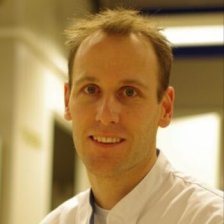 Jan de LangePI PROF.DR.
Jan de LangePI PROF.DR. -
Jana Tuijtelaars
-
Janneke Schilder
-
Jelte Bos
-
Jennefer ZwaferinkBSc
-
 Jessica Warnink - KavelaarsMD
Jessica Warnink - KavelaarsMD -
 Joke GeytenbeekDR.
Joke GeytenbeekDR. -
Joost van den Dool
-
 Josien van den NoortDR.IR.
Josien van den NoortDR.IR. -
Joyce Benner
-
 Joyce Burger
Joyce Burger -
Juliana Sabelis
-
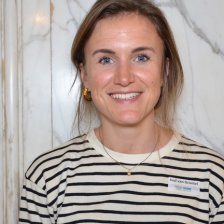 Juul van Grootel
Juul van Grootel -
 Kalliopi Ioumpa
Kalliopi Ioumpa -
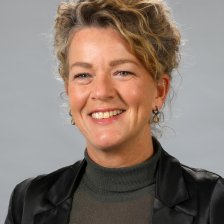 Karin GerritsDR.
Karin GerritsDR. -
 Katinka van der Kooij
Katinka van der Kooij -
Kirsten VeerkampMSC.
-
Larissa Heideman
-
Leander DuboisProf.
-
Leanne Blaas
-
Lisa Vossen
-
 Lisette Krot-Bijker
Lisette Krot-Bijker -
Liza van Dijk
-
 Lotte Hardeman
Lotte Hardeman -
Louise SabelisDR.
-
Maarten Afschrift
-
Maarten VehmeijerDRS.
-
 Marco RittPROF.DR.
Marco RittPROF.DR. -
Margot Aalders
-
Margriet MullenderPI PROF.DR.
-
 Margriet van DoesburgDR.
Margriet van DoesburgDR. -
Marian van BeersDR.
-
Marie Otten
-
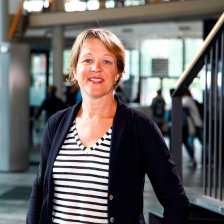 Marike van der SchaafPI DR.
Marike van der SchaafPI DR. -
Mario MaasPI PROF.
-
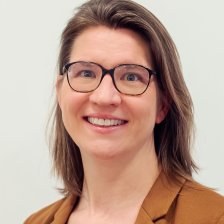 Marjolein van der KrogtPI DR.
Marjolein van der KrogtPI DR. -
Martine Jeukens - VisserPhD
-
Martinus RietbergDR.
-
Meghan Koop
-
Melinda WitbreukDR.
-
 Melvyn Roerdink
Melvyn Roerdink -
 Merel BrehmPI DR.
Merel BrehmPI DR. -
Michel Coppieters
-
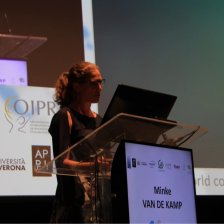 Minke van de Kamp
Minke van de Kamp -
 Mirjam de HaartMD PhD
Mirjam de HaartMD PhD -
Miryam ObdeijnDR.
-
 Moira van Leeuwen
Moira van Leeuwen -
 Nadia DominiciDR.
Nadia DominiciDR. -
Nicolaas WatervalMSC.
-
Niels Klop
-
Pengan Ren
-
Rachid Saouti
-
Rein Miedema
-
Ricardo FellerDRS.
-
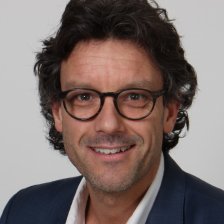 Richard JaspersDR.
Richard JaspersDR. -
 Rijk DersjantDRS.ING.
Rijk DersjantDRS.ING. -
Rimke LagrandDRS.
-
 Robbert van Amstel
Robbert van Amstel -
 Roland Reezigt
Roland Reezigt -
 Sicco BusPI Prof. PhD
Sicco BusPI Prof. PhD -
Siem Dingemans
-
Simone Berkelmans
-
 Sina David
Sina David -
 Sonja de Groot
Sonja de Groot -
Sophia KoopmanMD PhD
-
Stein ExterkateMSC.
-
Suzanne WiertsemaDR.
-
 Tamara de Haas
Tamara de Haas -
Tatiana Oud
-
Tessa Busch - Westbroek
-
Thomas Janssen
-
Thomas Rietveld
-
 Tim VenemanMSc
Tim VenemanMSc -
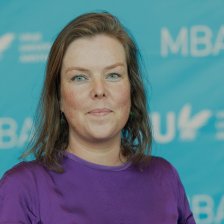 Trynke Hoekstra
Trynke Hoekstra -
 Tulika Nandi
Tulika Nandi -
 Victoria Milbourn
Victoria Milbourn -
Vincent de GrootPI PROF.DR.
-
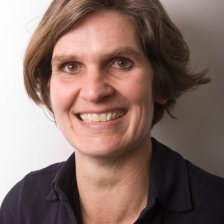 Wendy Scholten-Peeters
Wendy Scholten-Peeters -
Wypke de Boer

